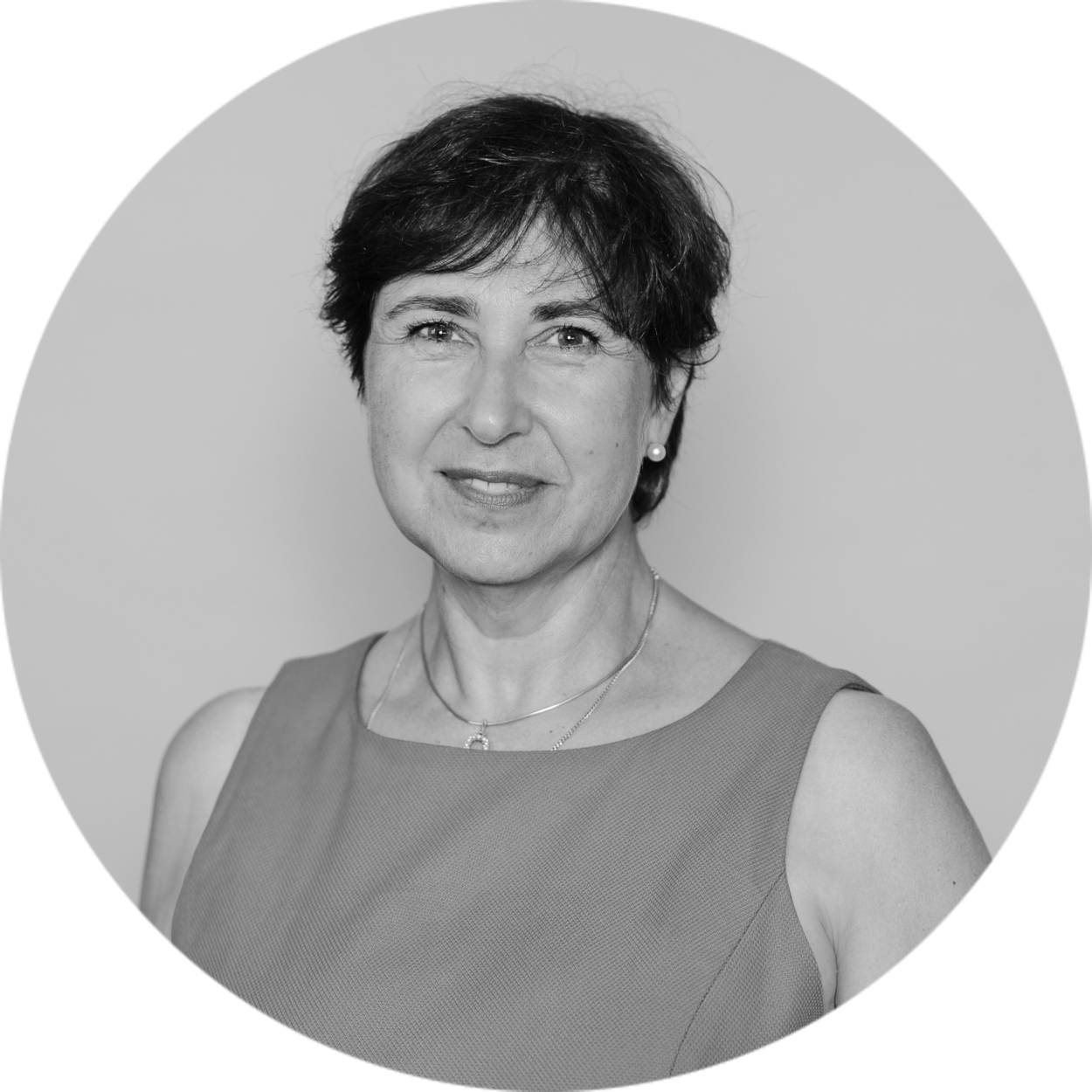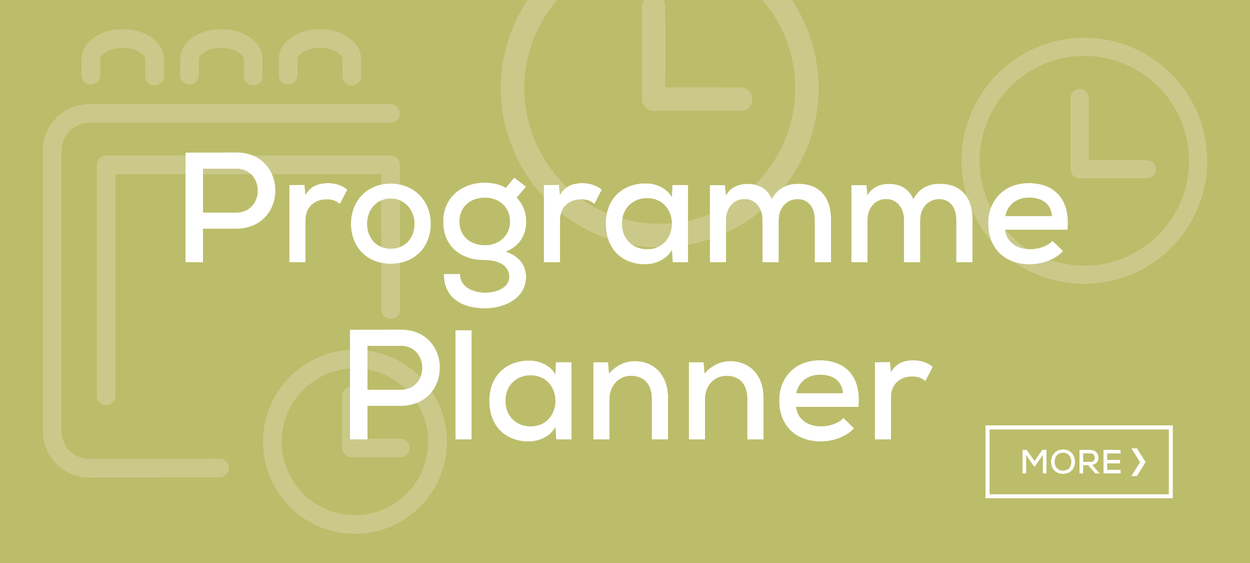Named Lectures
Presidential Symposium - Named Lectures
Sunday, 30. June 2024, 11:00-12:30 (EEST), Main Auditorium

Prof. Michael Greenberg
Brain Prize Lecture
How Nature and Nurture Conspire to Regulate Brain Development and Plasticity
Michael Greenberg received a BA in Chemistry from Wesleyan University in 1976, and a Ph.D. in Biochemistry from the Rockefeller University, New York, in 1982. In 1986 he was appointed Assistant Professor in the Department of Microbiology and Genetics at Harvard Medical School, and he was made full Professor in 1994. Since 2008 he has been the Nathan Marsh Pusey Professor of Neurobiology at Harvard Medical School in Boston, MA, USA.
That our sensory experiences shape the structure and function of the brain is one of the profound discoveries in the field of neuroscience in the 20th century. Michael Greenberg’s seminal discoveries of activity- dependent gene transcription have revealed how nature and nurture cooperate to shape mammalian brain development and plasticity. Building on his early observation that neurotransmitter reception triggers the rapid induction of new gene expression, his work has focused on elucidating the nature and role of neuronal transcriptional programs induced in response to extracellular stimuli.
Work in the Greenberg laboratory has characterized the signal transduction pathways linking calcium influx at distal synapses to the neuronal nucleus, uncovered an extensive network of neuronal activity-responsive cis-regulatory elements that coordinate these gene expression changes, and demonstrated significant neuronal cell-type- and species-specific diversity in these transcriptional responses.
These studies have uncovered an important role for activity-dependent transcriptional responses in dynamically sculpting specific aspects of neuronal connectivity. Current work in his laboratory focuses on how these changes contribute to experience-dependent behavioural plasticity and understanding the basis of neurological diseases that arise when these processes have gone awry.

Prof. Nils Erik Gilhus
Moritz Romberg Lecture
Myasthenia gravis; individualized treatment based on a well-defined disease pathogenesis
Nils Erik Gilhus has been a Professor of Neurology at University of Bergen, Norway since 1987 and a consultant neurologist at Haukeland University Hospital since 1986.
He was previously Faculty Dean, Head of Department, leader of the Norwegian Neurological Association, NevroNor, and founded the Norwegian Brain Council. Gilhus has published more than 400 scientific papers, mainly on neuroimmunology, neuroepidemiology, neurorehabilitation, and mother-child health, centred on myasthenia gravis and epilepsy.
He has supervised more than 30 accomplished PhDs and been a partner in 6 EU research projects, coordinating three of them. He was an EFNS and ESNI Board Member, leader of the EFNS Scientific and the EFNS Congress committees, and he is now a fellow and individual delegate of EAN.

Prof. Britta Engelhardt
Camillo Golgi Lecture
How the brain barriers ensure CNS immune privilege
Since 2003 Britta Engelhardt is Professor for Immunobiology and the Director of the Theodor Kocher Institute at the University of Bern in Switzerland. She studied Human Biology at the Philipps University in Marburg, Germany. After receiving her PhD and performing a postdoctoral fellowship at Stanford University, California, she set up her own research group at the Max-Planck Institute for Physiological and Clinical Research, Bad Nauheim, Germany.
In 1998 she obtained the Venia Legendi for Immunology and Cell Biology. From 1999 to 2003 she headed her research group at the same institute and the Max-Planck Institute for Vascular Cell Biology in Münster, Germany.
Britta Engelhardt is a renowned expert in brain barriers research. Her work is dedicated to understanding the role of the brain barriers in maintaining central nervous system (CNS) immune privilege. Using advanced in vitro and in vivo live cell imaging approaches her laboratory has significantly contributed to the current understanding of the anatomical routes and molecular mechanisms used by immune cells to enter the CNS during immune surveillance and neuroinflammation. Together with Peter Vajkoczy she has received the Herman-Rein-Prize for their pioneering in vivo imaging of T cell migration across cerival spinal cord microvessels.
For her contributions on CNS microcirculation, she has obtained the prestigious Malpighi Award 2023 of the European Society for Microcirculation (ESM). She was elected Vice-Chair and Chair of the Gordon Research Conference Barriers of the CNS in 2016 and 2018, respectively. She currently serves as the President of the Swiss Society for Microcirculation and Vascular Research (SSMVR) and Vice-President/President Elect of the International Brain Barriers Society.

Prof. Marie Vidailhet
Charles-Édouard Brown-Sequard Lecture
How clinical observations challenge neuroscience
Marie Vidailhet is Professor of Neurology, in Salpêtrière Hospital, Sorbonne Université, Paris, France and Fellow of the European Neurogical Society. She has a long-standing interest in movement disorders, Parkinson’s disease and dystonia and her main interest is movement disorders, both in clinic (National Reference center for Dystonia and ERN network) and research from pathophysiology to experimental therapeutics. Her research group at the ICM research institute and contributed to the field of pathophysiology of dystonia and other rare movement disorders, and to the development of therapeutic approaches.
She is actively involved in the European Academy of Neurology since the very beginning (Faculty, Education Committee and Program Committee, and Board member (Scientific Committee then Treasurer) . She is also active in the Movement Disorders Society including Faculty at the International MDS conferences and at the Winter and Summer MDS-ES courses.
Over the years, she co-authored over 400 publications (total H index 91)
She is very invested in the mentorship and training of young neurologists, many of them part of the EAN fellowship program. Her objective is to develop, both in her team and at the European level team spirit, enthusiasm and creativity in everyday clinic with a background in neuroscience (pathophysiology) and translational research (improving diagnosis and treatment).
